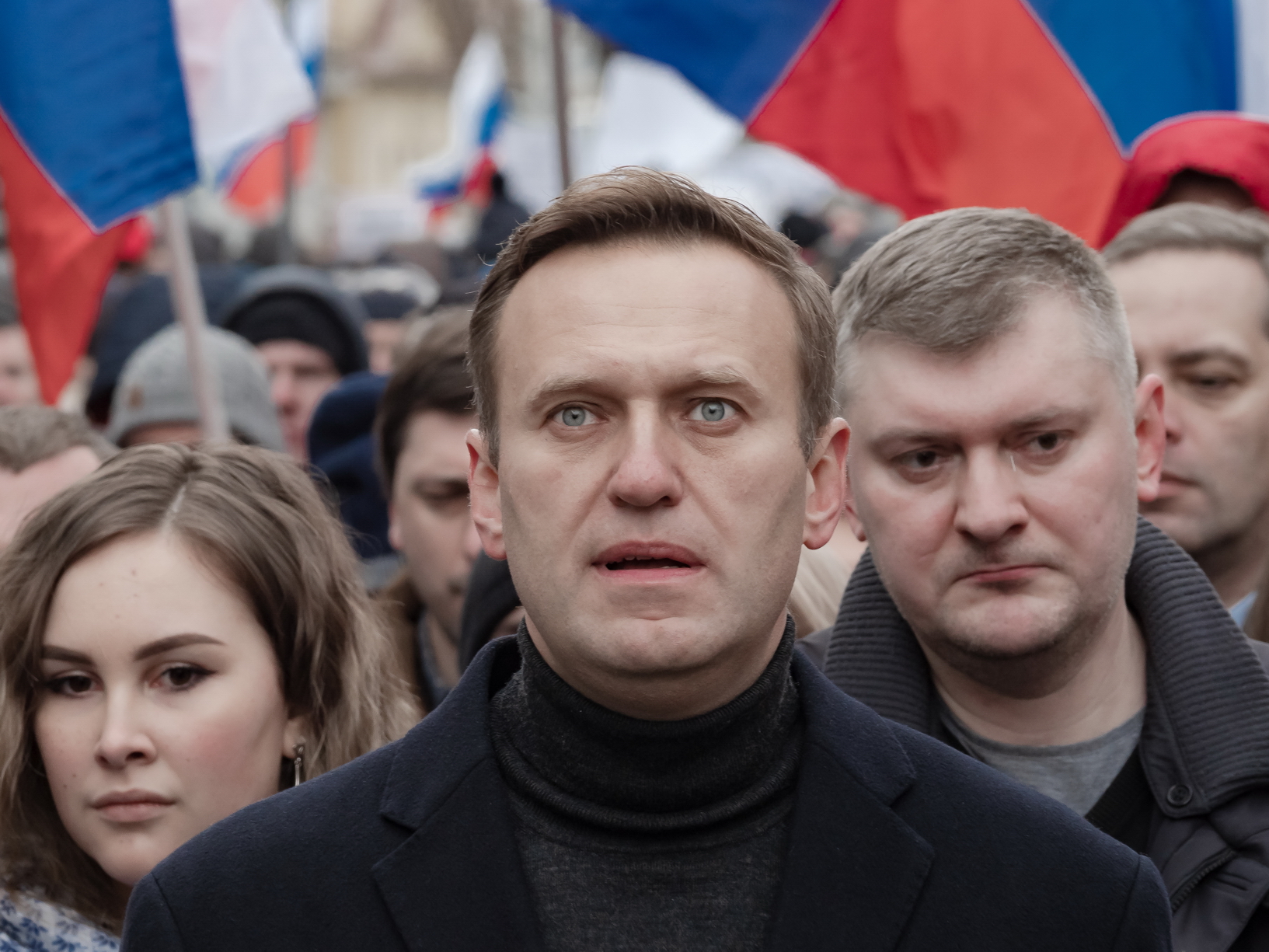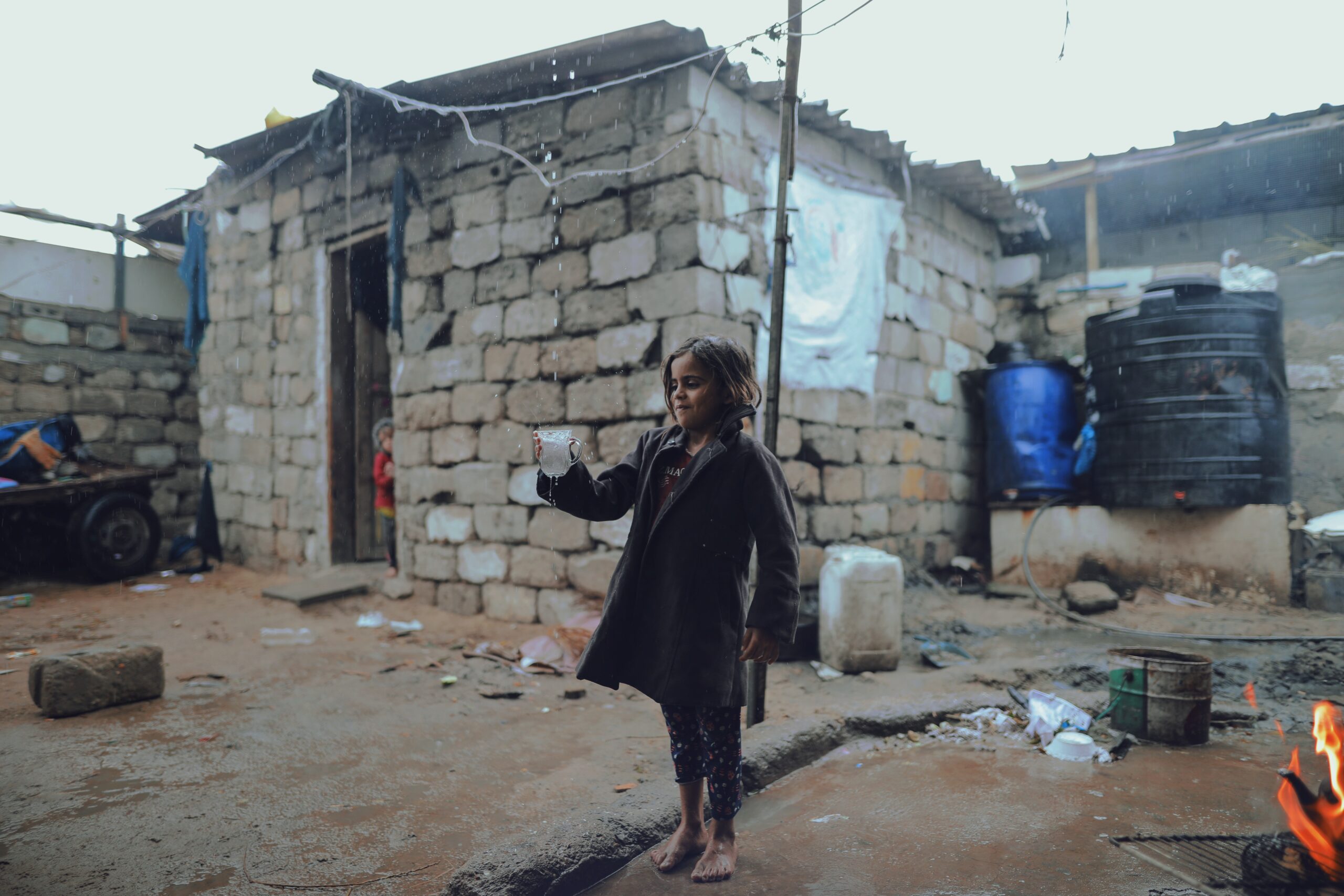Estados Unidos se queda sin libertad religiosa
There is much evidence to suggest that our society no longer values the public role of religion or recognizes the importance of religious freedom as a basic right. As scholars like Harvard's Mary Ann Glendon and Michael Sandel have observed, our courts and government agencies increasingly treat the right to hold and express religious beliefs as only one of many private lifestyle options. And, they observe, this right is often "trumped" in the face of challenges from competing rights or interests deemed to be more important.
These are among the reasons the U.S. Catholic bishops recently established a new Ad Hoc Committee for Religious Liberty. My brother bishops and I are deeply concerned that believers' liberties-and the Church's freedom to carry out her mission-are threatened today, as they never have been before in our country's history.
Catholics have always believed that we serve our country best as citizens when we are trying to be totally faithful to the teachings of Jesus Christ and his Church. And since before the founding of the American Republic, Catholics-individually and institutionally-have worked with government agencies at all levels to provide vital social services, education, and health care.
But lately, this is becoming harder and harder for us to do. Just last week, the federal government declined a grant request from the U.S. bishops' Migration and Refugee Services agency. We are not really sure why. No reason was given. Our agency has been working well with the government since 2006 to help thousands of women and children who are victims of human trafficking.
Recently, the government had been demanding that our agency provide abortions, contraception and sterilizations for the women we serve. We hope our application was not denied because we refused to provide these services that are unnecessary and violate our moral principles and religious mission.
And this is not an isolated case. Right now, the federal government is also trying to force private employers to provide insurance coverage for sterilizations and contraception-including for medications that cause abortions. This not only violates the consciences of Catholic business owners, it also undermines the religious autonomy of Church employers.
For several years now, it seems that whenever there is a merger or expansion involving a Catholic hospital, some legislator or government agency tries to block it unless our Catholic hospitals and doctors will start providing abortions and sterilizations. So far, these efforts at coercion have failed. What's troubling is that these efforts continue, without regard to the historic contributions of Catholic health care or to the First Amendment.
More recently, the push to legalize "same-sex marriages" has posed a new set of challenges to our freedoms. Church adoption and foster-care ministries have already been forced to shut down rather than submit to government demands that they place children with same-sex couples or provide benefits for same-sex employees.
And in an ominous development, the U.S. Justice Department went on record this summer as saying that those who defend the traditional definition of marriage as the union of one man and one woman are motivated by bias and prejudice.
Of course, that is our ancient Catholic belief, rooted in the teachings of Jesus and also the Jewish Scriptures. It is a belief held by many Protestants, the Orthodox, and also by Jews and Muslims, among others. But scholars like Princeton's Robert P. George warn that this belief might now be labeled as a form of bigotry and lead to new challenges to our liberties.
We are also concerned about the signals the federal government is sending in a case now before the U.S. Supreme Court, Hosanna-Tabor v. EEOC. Experts say that if the government's case prevails, it will have broad new powers to regulate the inner workings of Church institutions-even to possibly interfere in areas of Church practice and doctrine.
All of this is troubling and represents a sharp break with our history and American traditions. Religious liberty has always been "the first freedom" in our Bill of Rights and in our national identity. Our country's founders recognized that religious freedom is a right endowed by God, not a privilege granted by government. And they respected that what God has given, no one-not a court, a legislature, or any institution-can rightly deny.
In our history, religious freedom has always included the rights of churches and religious institutions to establish hospitals, schools, charities, media outlets, and other agencies-and to staff these ministries and run them, free from government intrusion.
And religious freedom has always included the churches' rights to engage in the public square to help shape our nation's moral and social fabric. We see this throughout our history-from the abolitionist movement, to the civil rights movement, to the pro-life movement.
America's founders understood that our democracy depends on Americans' being moral and virtuous. They knew the best guarantee for this is a civil society in which individuals and religious institutions were free to live, act, and vote according to their values and principles. We need to help our leaders today rediscover the wisdom of America's founding. And we need to help believers once more understand the vital importance of this "first freedom." At stake are not just our liberties but also the future character of our democracy.
First Things


 0
0

 5
5
